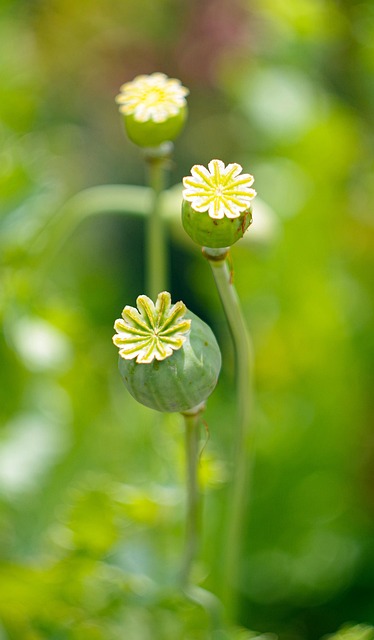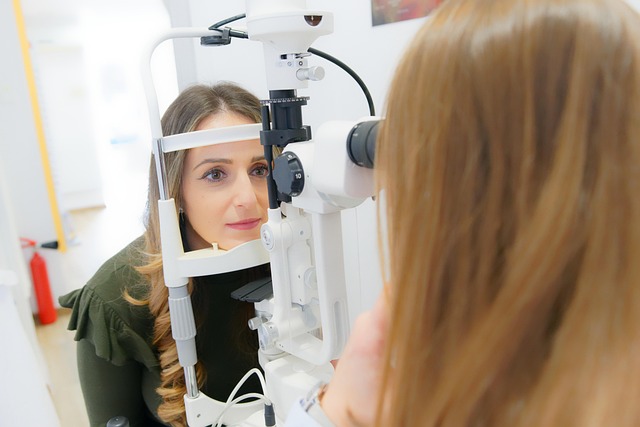Denver's climate fosters mold growth, necessitating Mold Inspection Denver to identify hidden issues. Signs include musty odors, discoloration, and water damage. Early detection through professional inspections prevents health risks and high mold removal cost estimates Denver. Certified inspectors use advanced methods to assess moisture, air quality, and structural integrity, offering green cleaning and emergency mold remediation services. Prompt action after recognizing common signs or unusual dampness is crucial for a safe living environment.
“Discovering mold in your Denver home can be concerning, but understanding the process of a mold inspection is key. This comprehensive guide dives into what to expect during a thorough evaluation of your property. From recognizing signs of mold growth specific to Denver’s climate to evaluating health risks and selecting a qualified inspector, each step ensures accurate results. Learn how to navigate this critical process and take control of your home’s environmental quality.”
- Understanding Mold Growth in Denver Homes
- The Purpose of a Comprehensive Inspection Process
- Common Signs Indicating a Mold Problem
- Evaluating Potential Health Risks and Remediation
- Choosing a Qualified Inspector for Accurate Results
Understanding Mold Growth in Denver Homes
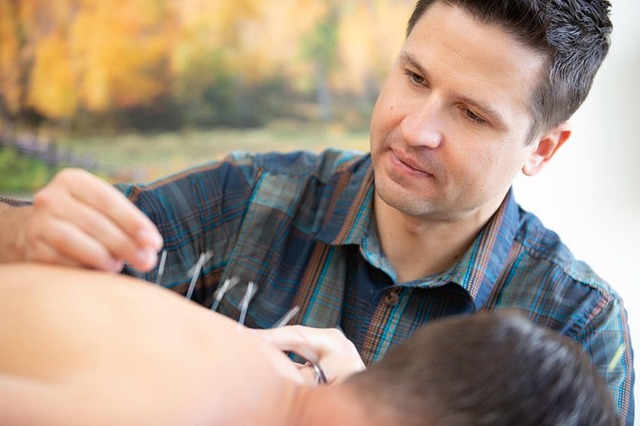
Mold thrives in damp and humid conditions, making Denver’s climate ideal for its growth. Understanding this environmental preference is key when preparing for a Mold Inspection Denver. Homeowners should be aware that mold can lurk behind walls, in crawl spaces, under flooring, and within HVAC systems—areas often hidden from immediate view. While some molds are harmless, others can produce harmful toxins, leading to health issues for residents. Recognizing the signs of potential mold growth, such as musty odors, visible discoloration on surfaces, or water damage, is crucial. This knowledge empowers homeowners to act swiftly and contact professionals like Denver emergency mold remediation specialists when necessary, ensuring a fast turnaround time for mold tests and effective solutions for any existing problems.
The Purpose of a Comprehensive Inspection Process

A comprehensive mold inspection in Denver is a meticulous process designed to uncover and assess any signs of mold growth within a property. It goes beyond a surface-level examination, delving deep into hidden corners, dark attics, and enclosed spaces where mold thrives. The primary purpose is to identify not only the presence but also the extent of mold colonization, which can be crucial for determining appropriate remediation strategies. During this process, experts consider various factors such as moisture levels, air quality, structural integrity, and the health risks associated with different types of mold.
Understanding these elements is essential in order to offer effective solutions, especially when considering green cleaning options for moldy spaces or addressing Denver emergency mold remediation needs. Moreover, a thorough inspection can help prevent further damage by identifying potential sources of moisture intrusion, such as leaky pipes or improper ventilation, which might also require services like sewage cleanup in Denver.
Common Signs Indicating a Mold Problem
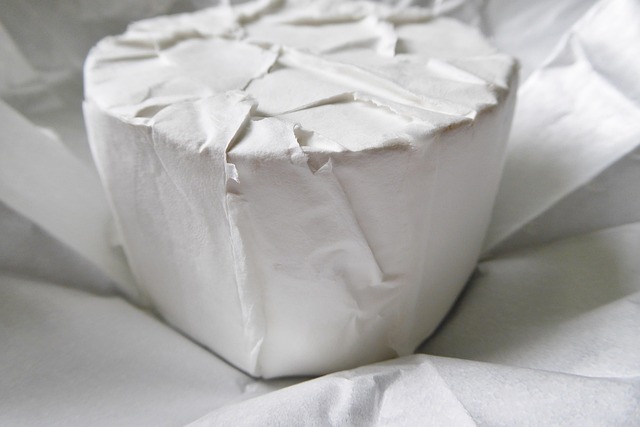
If you’re considering a Mold Inspection Denver, it’s crucial to recognize common signs of a mold issue before scheduling your assessment. Mold thrives in damp environments, so look for persistent moisture problems such as leaks, water stains on ceilings or walls, musty odors, and peeling paint. Additionally, visible mold growth—black, green, or white patches—is a clear indicator that action is needed. While some mold species are harmless, others can pose significant health risks, making early detection through a mold inspection Denver essential to ensure the safety of your home or business.
Beyond visual cues, pay attention to unusual dampness causes and solutions in Denver. High humidity levels, inadequate ventilation, or water intrusion from storms or plumbing issues can all contribute to mold growth. Following a renovation? Don’t skip the mold inspection after renovation. Promptly addressing these problems is key to preventing costly mold removal cost estimates Denver down the line.
Evaluating Potential Health Risks and Remediation
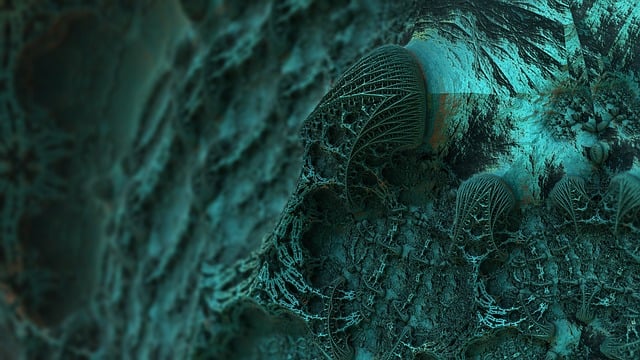
During a Mold Inspection Denver, one of the primary concerns is evaluating potential health risks associated with mold growth. Molds produce spores that can be harmful when inhaled, leading to respiratory issues and allergies in sensitive individuals. The extent of health risk depends on the type of mold, its concentration, and where it’s located within your property. In many cases, visual inspection alone may suffice for minor mold infestations. However, for extensive or hidden mold growth, a comprehensive assessment using advanced testing methods is essential.
Comparing different mold testing methods in Denver is crucial when determining the next steps for remediation. DIY kits can provide initial indications but lack the precision of professional tests. Air quality tests and surface swabs are commonly used to identify mold sources and assess their impact on indoor air quality. Once potential health risks are identified, you can get accurate mold removal cost estimates Denver and decide when is professional help needed for mold. This ensures a safe living environment and prevents further damage caused by mold growth.
Choosing a Qualified Inspector for Accurate Results
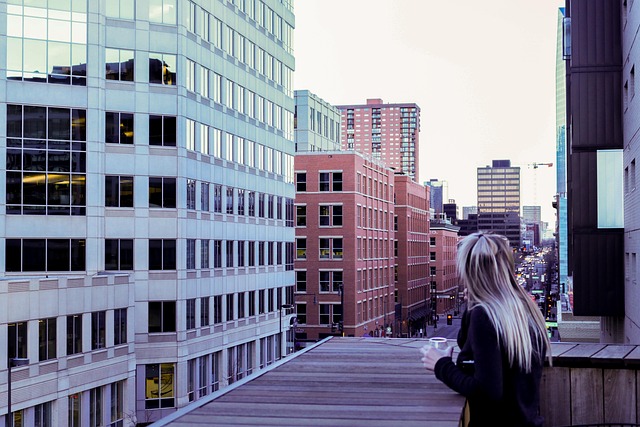
When it comes to ensuring accurate and reliable results during a mold inspection in Denver, choosing a qualified inspector is paramount. In a city like Denver, where weather patterns can lead to increased moisture issues and subsequent mold growth, professional assessment is crucial for maintaining indoor air quality and identifying potential health risks. Look for inspectors certified by reputable organizations such as the Indoor Air Quality Association (IAQA) or the American Council of Certified Home Inspectors (ACCHI).
These professionals are well-versed in various mold testing methods, including air sampling, surface sampling, and bulk sampling, allowing them to compare mold testing results effectively. With their expertise, they can pinpoint the source of moisture intrusion, assess the extent of mold growth, and provide recommendations for Water Damage Restoration Denver services. Hiring a qualified inspector not only ensures comprehensive coverage during the inspection process but also guarantees that any potential issues are addressed promptly, protecting both your investment and health in the long term.
A thorough mold inspection in Denver is crucial for identifying potential health risks and ensuring a safe living environment. By understanding mold growth, recognizing common signs, and choosing a qualified inspector, you can effectively navigate the process. This comprehensive guide equips you with the knowledge to address mold issues head-on, allowing you to breathe easier in your Denver home. Remember, prompt action is key when it comes to mold, so don’t hesitate to take a dive into this important topic for a healthier future.

